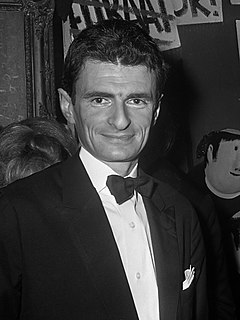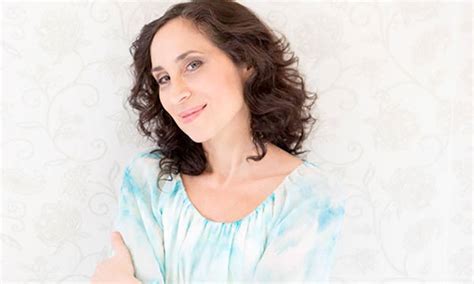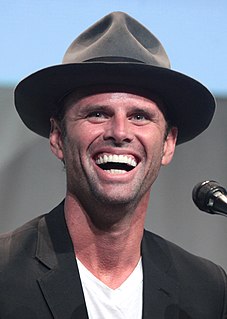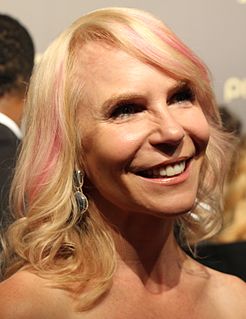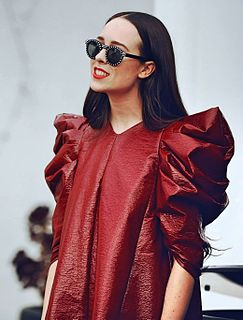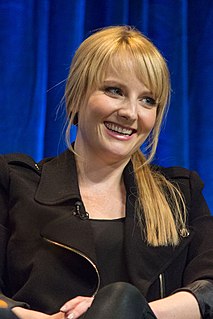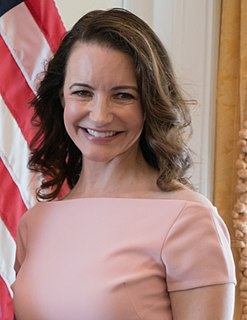A Quote by Jerzy Kosinski
It's not that you aren't likable. On the contrary. You are. It's just that one wonders if you haven't made a career out of being so likable.
Related Quotes
Novels are routinely denigrated when characters are not found to be likable. Is Raskolnikov likable? Is King Lear? The plethora of such naive readers testifies to a failure of imagination - the capacity to see into unfamiliar lives, motives, feelings - and this failure must, at least in part, be the failure of the teaching of literature in the schools.
I've always just felt like an outsider. I've always been made fun of in school ever since kindergarten. For me, when I started singing, that's when I started making "friends,". That's when people started taking an interest in me. That was the thing that made me likable, I guess. Maybe even lovable! I think that's really why I'm so hellbent on doing this as a career is because those are the moments where I felt at my most confident.
